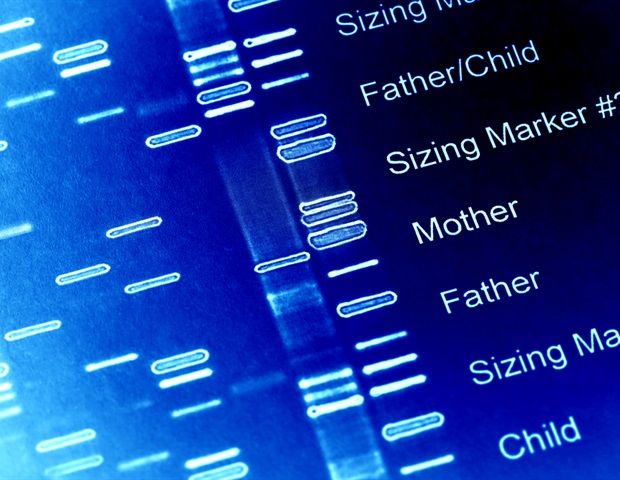Using CRISPR-Cas9, the researchers subsequently removed the one copy of the Ndn gene from the 15q dup mouse model to generate mice with a normalized genomic copy number for this gene (15q dupΔNdn mouse). Using this model, they demonstrated that the abnormalities observed in 15q dup mice (abnormal spine turnover rate and decreased inhibitory synaptic input) could be ameliorated.
A research group including Kobe University’s Professor TAKUMI Toru (also a Senior Visiting Scientist at RIKEN Center for Biosystems Dynamics Research) and Assistant Professor TAMADA Kota, both of the Physiology Division in the Graduate School of Medicine, has revealed a causal gene (Necdin, NDN) in autism model mice that have the chromosomal abnormality called copy number variation.
The researchers hope to illuminate the NDN gene’s molecular mechanism in order to contribute towards the creation of new treatment strategies for developmental disorders including autism.
These research results were published in Nature Communications on July 1, 2021.









Comments are closed.